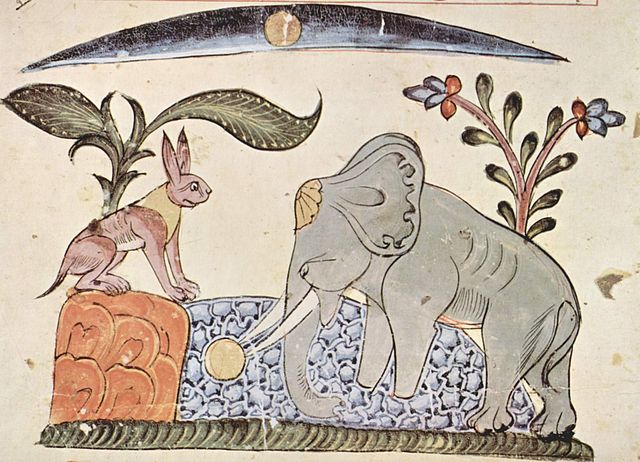Remix culture, also known as read-write culture, is a term describing a culture that allows and encourages the creation of derivative works by combining or editing existing materials. Remix cultures are permissive of efforts to improve upon, change, integrate, or otherwise remix the work of other creators. While combining elements has always been a common practice of artists of all domains throughout human history, the growth of exclusive copyright restrictions in the last several decades limits this practice more and more by the legal chilling effect. In reaction, Harvard law professor Lawrence Lessig, who considers remixing a desirable concept for human creativity, has worked since the early 2000s on a transfer of the remixing concept into the digital age. Lessig founded the Creative Commons in 2001, which released a variety of licenses as tools to promote remix culture, as remixing is legally hindered by the default exclusive copyright regime applied on intellectual property. The remix culture for cultural works is related to and inspired by the earlier Free and open-source software for software movement, which encourages the reuse and remixing of software works.

Remix: Making Art and Commerce Thrive in the Hybrid Economy by Lawrence Lessig in 2008 describes the remix culture. The book itself is open for remix due to its availability under a CC BY-NC license.
IBM Personal Computer XT in 1988, a digital remixing enabling prosumer device, affordable for the masses.
An illustration from a 1354 Syrian edition of the Panchatantra, an ancient Indian collection of animal fables. The original work is believed to be composed around the 3rd century BCE, Translator's introduction, quoting Hertel: "the original work was composed in Kashmir, about 200 B.C. At this date, however, many of the individual stories were already ancient." based on older oral traditions, including "animal fables that are as old as we are able to imagine".
Various "remixed" Free Beer variants in recipe and label artwork, created since the first release in 2005 under a Creative Commons license.
A remix is a piece of media which has been altered or contorted from its original state by adding, removing, or changing pieces of the item. A song, piece of artwork, book, poem, or photograph can all be remixes. The only characteristic of a remix is that it appropriates and changes other materials to create something new.
According to the Guinness World Records, Madonna is the most remixed act. Her remix album You Can Dance is credited with helping popularize remix albums releases.
Carey helped popularize having a rapper as a featured act through her post-1995 songs with her remix of "Fantasy" featuring Ol' Dirty Bastard.
Jessica Simpson's "Irresistible" (So So Def Remix) featuring Lil' Bow Wow and Jermaine Dupri had an incredible impact in 2001.
The main single of I Turn to You by Melanie C, was released as the "Hex Hector Radio Mix", for which Hex Hector won the 2001 Grammy as Remixer of the Year.








